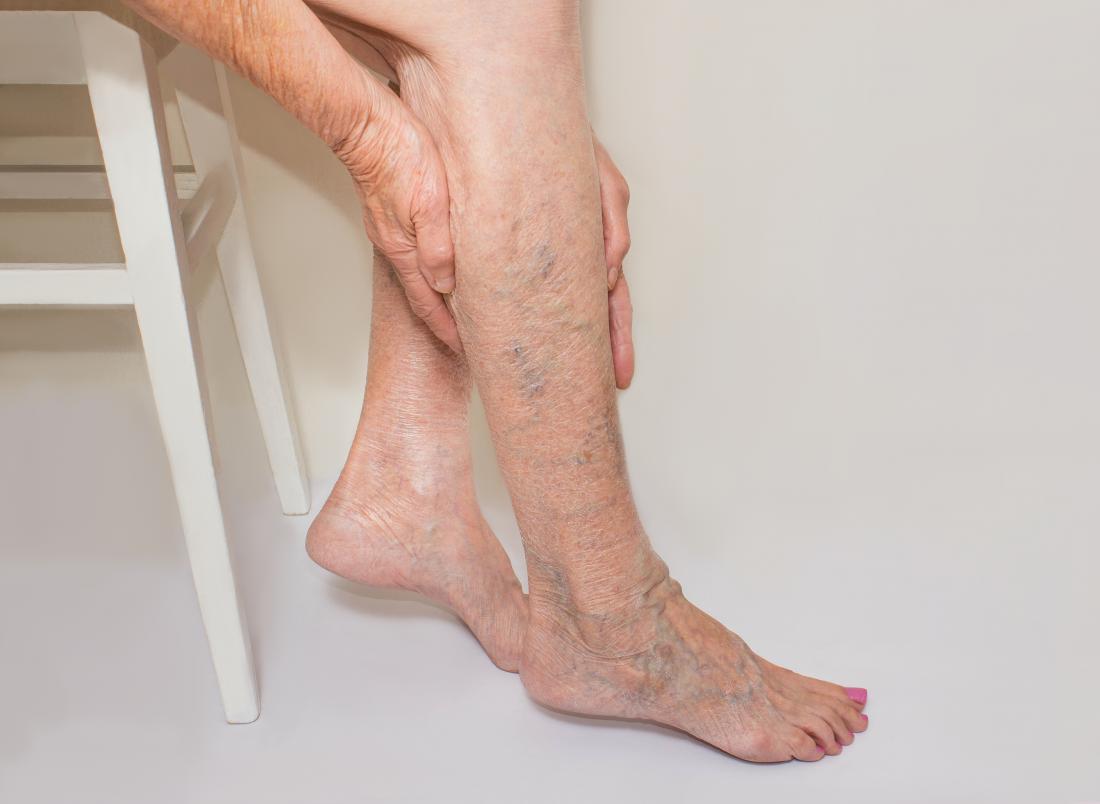
Diagnosing idiopathic pulmonary fibrosis (IPF) is often a long and difficult process. That’s because IPF is a rare disease that some doctors are not familiar with. Its symptoms — including a persistent cough, shortness of breath, and fatigue are common and found in many respiratory and other diseases, making it easy to confuse IPF with other conditions. For many, it can take 1 to 2 years to receive a correct diagnosis after symptoms occur.
Receiving an early diagnosis, however, is very important. That’s because IPF is a progressive disease — meaning it worsens over time. When a person receives an early diagnosis, treatments that slow disease progression can be started earlier. The sooner you receive a diagnosis, the sooner you can begin to evaluate your treatment options with your family doctor. There are steps you can take to help speed up the diagnostic process.
Preparing for a Possible Diagnosis
Assessing Your Symptoms and Risk Factors
The first step in the diagnostic process is having a clear awareness of your symptoms. Once you are aware of your symptoms, you’ll be better prepared to explain exactly how you’re feeling to your doctor. The more information your doctor has about your symptoms and medical history, the better.
Sometimes it can be difficult to remember all of your symptoms during your appointment. Therefore, it may be helpful to actually record this information beforehand. That way, you can go to your appointment prepared to give your doctor a clear and complete picture of your symptoms.
Finding a Pulmonologist
A pulmonologist is a doctor who specializes in lung diseases. If you think you could be suffering from IPF, talk with your family physician about being referred to a pulmonologist. Pulmonologists are likely to be familiar with IPF and, therefore, may be able to provide an accurate diagnosis faster.
There are also medical centers that specialize in lung diseases. These medical centers likely have the expertise necessary to diagnose and treat a patient with IPF.
What to Expect During Your Appointment
Diagnostic Tests and Tools
Now that you know how to prepare for your appointment, let’s discuss what you can expect at the appointment itself. Along with a review of your medical history and a physical exam, your doctor will likely use several tests to diagnose IPF.
| High-Resolution Computerized Tomography Scan of the Lungs | Offers a detailed lung image to help your physician identify scar tissue and diagnose or rule out IPF at an early stage. |
| Surgical Lung Biopsy | If necessary, during a lung biopsy, your doctor will take samples of lung tissue and then examine them under a microscope to help rule out other diseases or diagnose IPF. |
| Arterial Blood Gas | If necessary, your doctor will perform a blood test that measures the amount of oxygen and other gases present in the blood. |
| Bronchoscopy with Broncho-alveolar Lavage | If necessary, a doctor uses a thin, flexible tube with a small camera attached to the end to examine the airways in the lungs during a bronchoscopy. Bronchoalveolar lavage can be performed during a bronchoscopy and allows doctors to collect cells from around the air sacs in your lungs that can be examined. |
| Chest X-ray | Provides an image of the structures in your chest, including your lungs. May be used to check for scar tissue. |
| Exercise Test | One type of exercise test is the “6-minute walk test”; during this exercise test, your doctor will have you walk to determine how well your heart and lungs function during physical activity. |
| Pulse Oximetry | Involves the use of a small sensor placed on your fingertip or earlobe. It uses light to measure the amount of oxygen in your blood. |
| Lung Function Tests | Measures characteristics when you breathe in and out of a tube. |
If you are having symptoms or think you could be suffering from IPF, be sure to make an appointment with your family doctor. At the appointment, remember to talk with your doctor about your symptoms and possible diagnostic tests. That way, you can help your doctor understand how you’re feeling and—ultimately—may receive an accurate diagnosis sooner.











